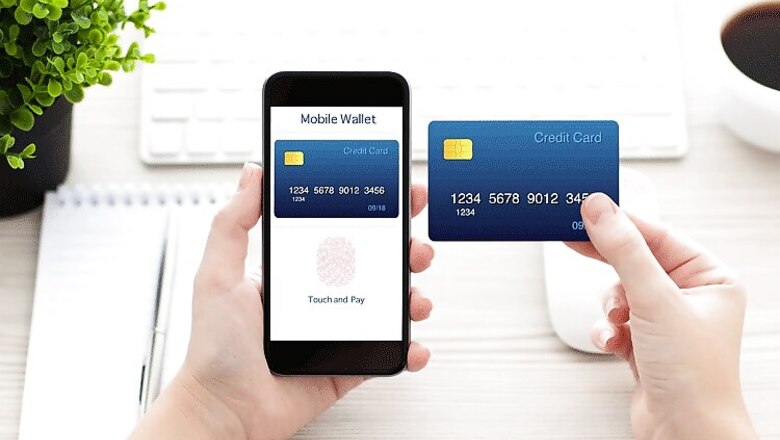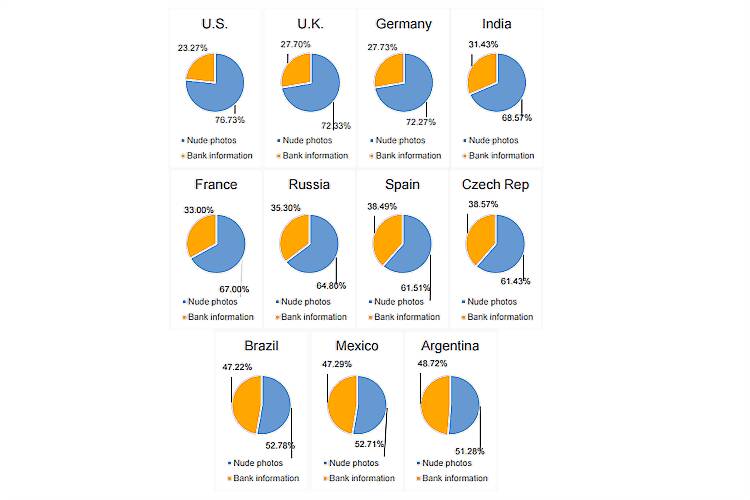
views
New Delhi: Each individual could have a different idea to the concept of privacy. However, in the digital world the entire concern simmers down to one thing- personal information.
Personal information, yet again, could be segregated into various forms from financial details to very private photographs. Nonetheless, the loss of any kind of personal information brings in a huge amount of stress, be it emotional or monetary.
However, a recent 11-nation survey by Avast Software reveals that smartphone users find bank or financial data as more damaging than their private moments exposed out in the open web.
The survey found that a majority of smartphone owners rather have their explicit pictures posted publically than their financial information which could bring far greater repercussions than getting their nude images leaked.
In all the countries, the vast majority of participants said, “it would be less painful to have someone access nude photos", Ars Technica notes.
Interestingly, India ranked 4th in the list with 68.57 per cent of respondents okay with nude pictures getting leaked online than their bank information. The US led the way with 77 per cent of respondents preferring their nude images getting leaked.

23,500 smartphone users participated in the telephone poll which also revealed that despite concern about overall privacy of their personal data, a majority of the respondents lacked in incorporating a basic safety feature- locking their devices.
Ironically, it also revealed that people locked their photo apps than their banking apps.
Despite an increase in global concern about mass surveillance by government agents, the survey revealed that government did not rank as the prime fear of intrusions. Smartphone users are most afraid of cybercriminals.
Countries like Argentina, Brazil, India and Russia rank first in list of cybercriminals-fearing nations, while nations like the US, Mexico, Germany, and Czech Republic are vary of government snooping.
In the most protected apps list, WhatsApp topped, followed by photo gallery, and Facebook at fourth. The least protected were the Chrome browser, files, contacts, and text messages.




















Comments
0 comment